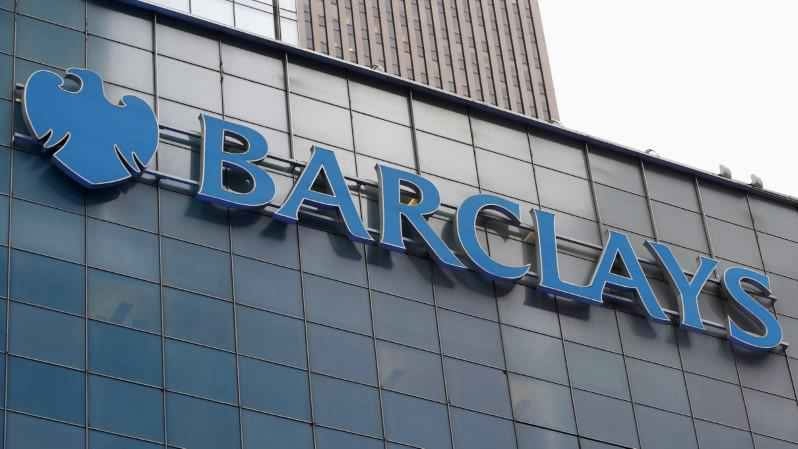
Business
09:57, 30-Mar-2018
Barclays to pay $2 bln for crisis-era fraud
CGTN

UK banking giant Barclays agreed on Thursday to pay two billion US dollars to settle a fraud case involving the sales of residential mortgage-backed securities (RMBS) in the run-up to the 2008 financial crisis.
The US Department of Justice (DoJ) accused the bank of misleading investors about the quality of the loans backing the investment vehicles, which “were significantly less creditworthy than Barclays represented,” causing billions of dollars in losses to investors.
Barclays’s chief executive Jes Staley called the settlement “fair and proportionate,” though the bank did not admit liability.
Barclays said the settlement will resolve “all actual and potential civil claims” by the DoJ related to the case, which involved 36 deals in RMBS initially valued at 31 billion US dollars from 2005 to 2007, with over half of the mortgages backing the securities defaulted.
“It has been a priority for this management team from the start to resolve these historic issues in a timely and appropriate manner wherever possible,” said Staley.
"The completion of our restructuring in 2017, and putting significant legacy matters like this one behind us, mean Barclays is well positioned to produce stronger earnings going forward, and to start returning a greater proportion of those earnings to our shareholders over time," he added.
The settlement made Barclays the latest major bank to be sanctioned for crisis-era fraud nearly a decade after the collapse of major New York financial institutions dealing in mortgage-backed derivatives sparked a global recession.
Two former Barclays executives have also been fined two million US dollars for their roles in the sale and trading of the RMBS.
Paul Menefee, Barclay's former subprime securitization head, and John Carroll, Barclays' former head trader for subprime loan acquisitions, agreed to pay the money to dismiss all claims against them.

SITEMAP
Copyright © 2018 CGTN. Beijing ICP prepared NO.16065310-3
Copyright © 2018 CGTN. Beijing ICP prepared NO.16065310-3